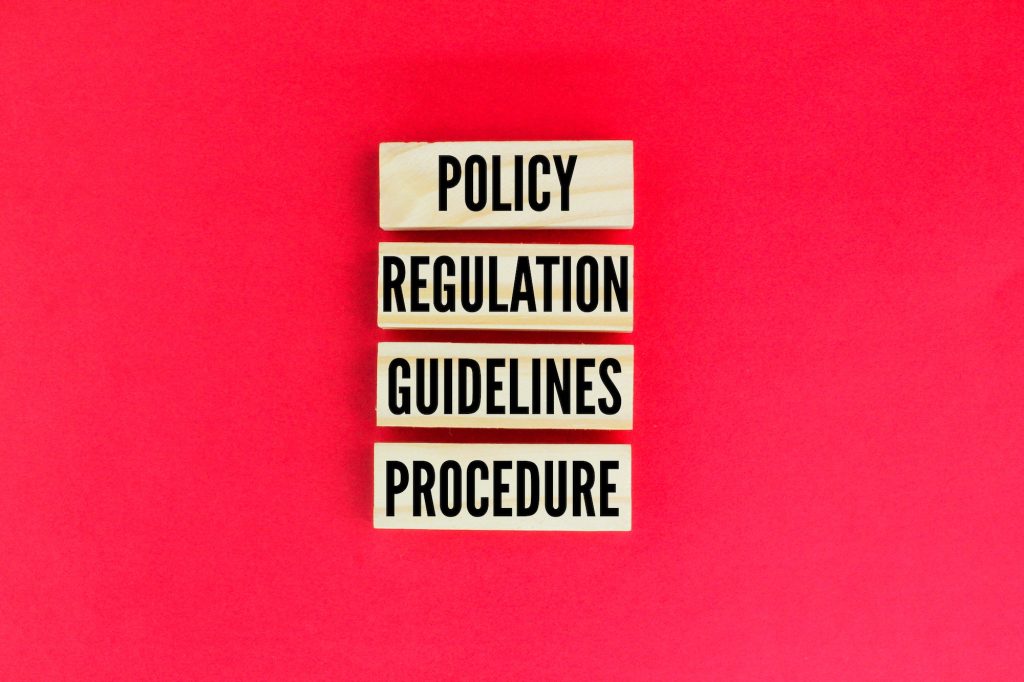
The General Data Protection Regulation (GDPR) is a comprehensive set of regulations that protect individuals’ privacy and personal data within the European Union (EU). It was adopted in 2016 and became enforceable in May 2018. The GDPR introduces fundamental principles and requirements for organizations to comply with, ensuring they handle personal data responsibly and securely.
One of the fundamental principles of GDPR compliance is the concept of lawfulness, fairness, and transparency. This principle requires organizations to process personal data lawfully, meaning they must have a valid legal basis for processing it. Additionally, organizations must ensure that their processing activities are fair to individuals and transparently communicate how their data will be used.
Another critical principle is purpose limitation. Organizations should only collect personal data for specific, explicit, legitimate purposes. They should not process this data in any way incompatible with these purposes unless they obtain further consent from the individual or if it is necessary for legal obligations or public interest.
Data minimization is another essential requirement under GDPR compliance. Organizations should only collect and retain personal data necessary for the intended purpose. They should avoid collecting excessive or irrelevant information about individuals.
Accuracy of personal data is also crucial under GDPR compliance. Organizations must take reasonable steps to ensure that the personal information they hold is accurate and up-to-date. If any inaccuracies are identified, they must rectify or erase such information promptly.
Security measures play a significant role in GDPR compliance as well. Organizations must implement appropriate technical and organizational measures to protect personal data against unauthorized access, disclosure, alteration, or destruction. These measures may include encryption techniques, access controls, regular security audits, staff training programs on privacy awareness, etc.
Individuals’ rights are at the core of GDPR compliance as well. The regulation grants individuals’ various rights regarding their data, such as the right to access the information held by an organization; the right to rectify or erase their data; the right to restrict processing; the right to data portability, etc. Organizations must ensure these rights are respected and provide mechanisms for individuals to exercise them.
Lastly, GDPR compliance requires organizations to have a robust system for reporting and handling data breaches. Organizations must notify the relevant supervisory authority within 72 hours of becoming aware of a breach. They must also inform affected individuals if the violation will likely result in a high risk to their rights and freedoms.
GDPR compliance is essential for organizations that handle the personal data of individuals within the EU. The regulation establishes fundamental principles and requirements to protect privacy and ensure responsible handling of personal information. By adhering to these principles, organizations can build trust with their customers and demonstrate their commitment to safeguarding personal data.
